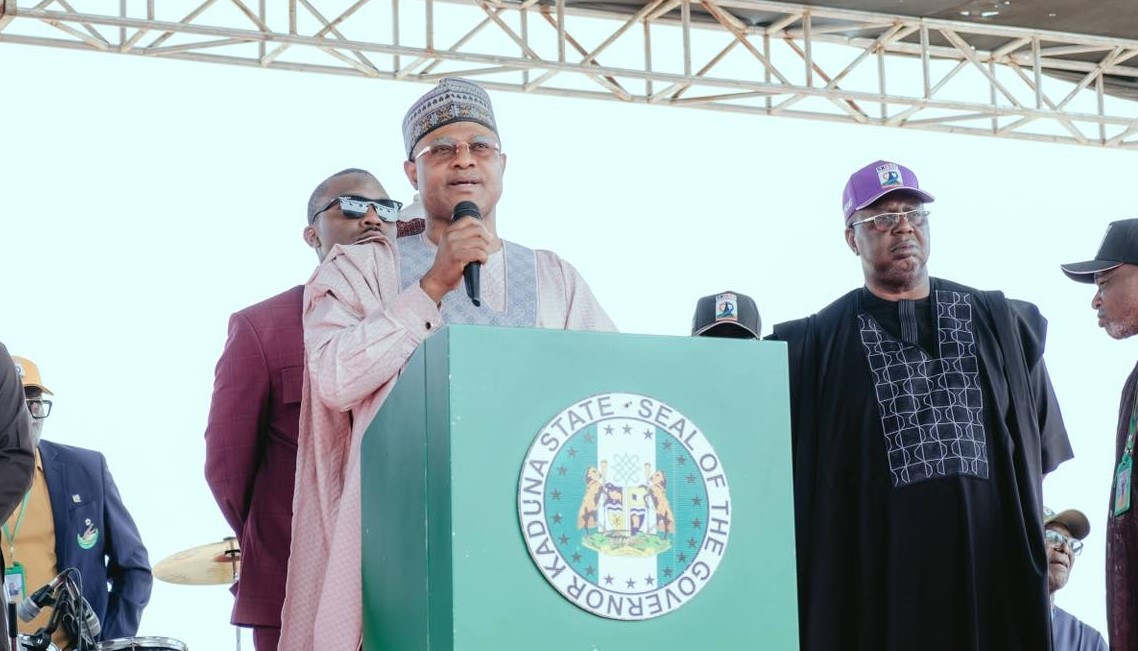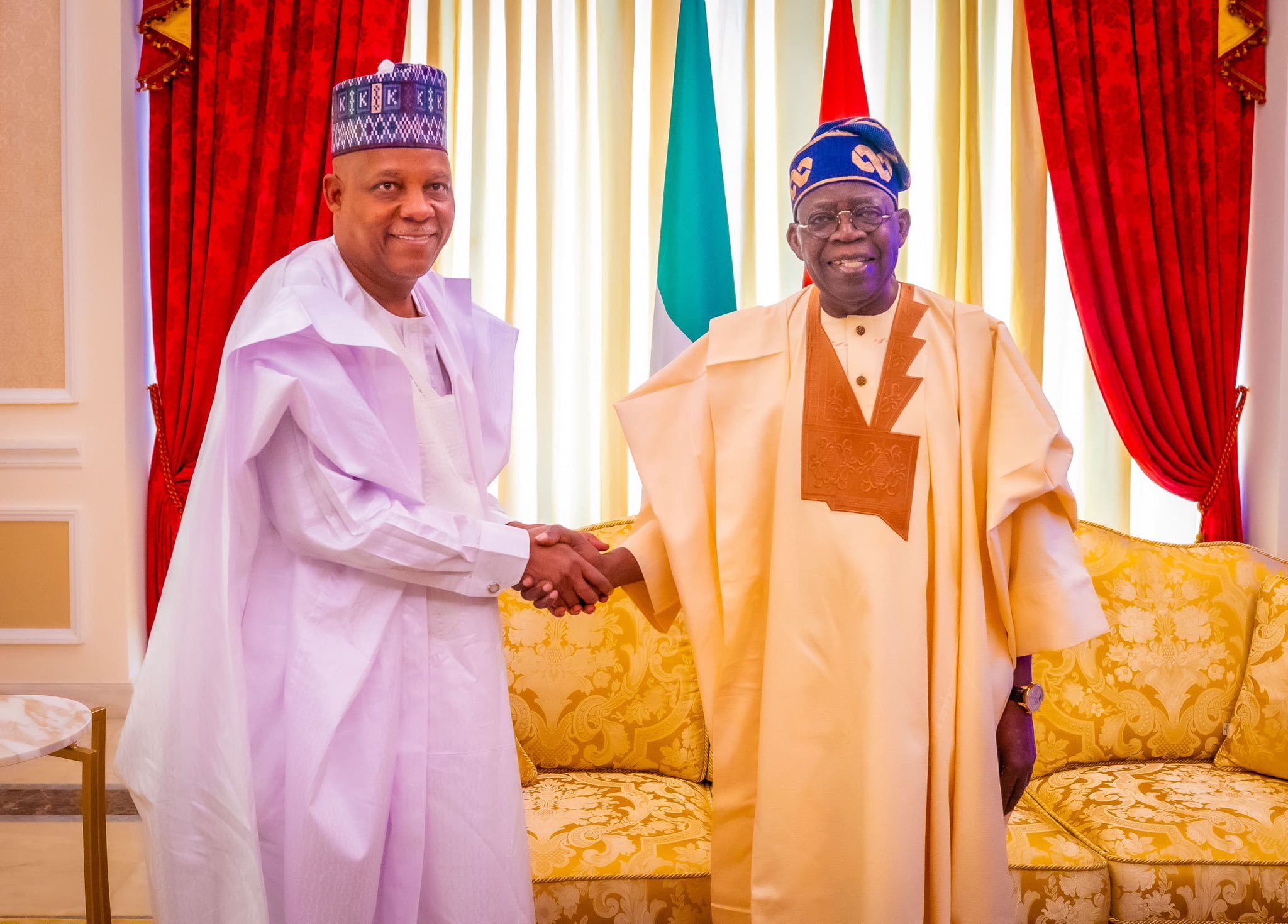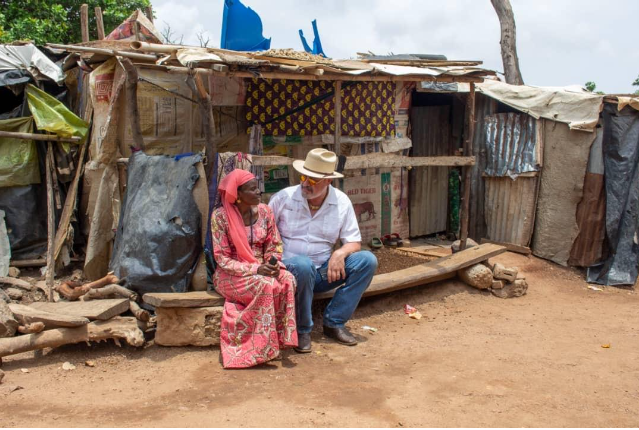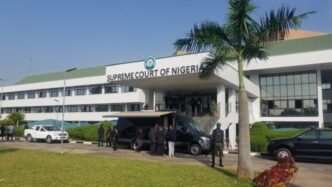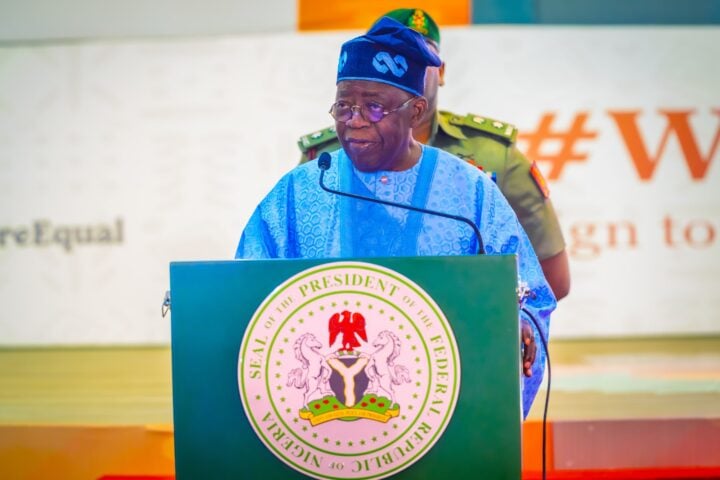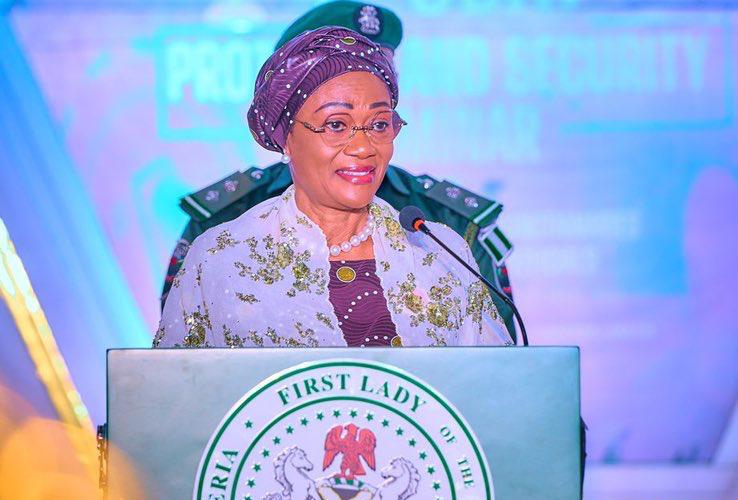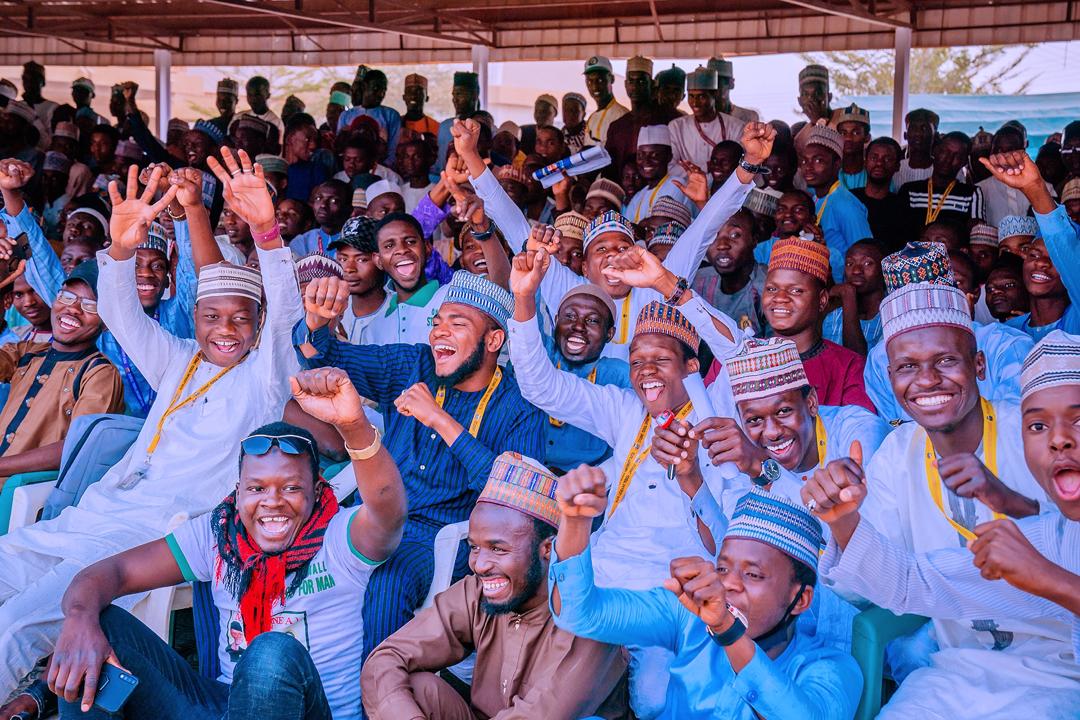BY ISHAQ SANI
The need to return Kaduna state to its pride of place as a competitive business and industrial hub with attendant benefits to the citizens through the upgrade of infrastructure which has multiplying effects towards increased job creation, poverty reduction and wealth spread is necessary more than ever before; especially as the state’s population increases, next only to megacities like Kano and Lagos. Kaduna’s population was over 6.1 million as per the 2006 census, with an incremental rise expected of 8.1 million in 2016, 8.4 million as of 2018, and a further expected rise to 12.96 million by 2050.
Dissecting Governor Uba Sani’s upgrade of infrastructure and rural transformation strides, and how the administration was able to navigate through tempestuous times in the last year — characterised by huge contractual liabilities amidst paucity of funds in settlement of both foreign and domestic debts incurred by the previous administration — I believe strongly that his administration’s ‘Sustain Kaduna Agenda’ is on the right track to spur growth, most notably on upgrade of infrastructure
It is a well-known fact that no economy can grow without infrastructure, as it is eminent that the SUSTAIN MANIFESTO (pages 10-12) stipulates clear emphasis on the UPGRADE OF INFRASTRUCTURE with a vision to consolidate and continue the unprecedented infrastructure upgrade to enhance public welfare and accelerate economic growth. But a deviation from the consolidation mantra of the past government is necessary, with the present administration focusing more attention on rural transformation which is rightly so and on track, coupled with intense get-up-and-go to round up the urban renewal projects across the state.
Advertisement
Nevertheless, significant fiscal resources are required to bridge the large infrastructural needs in the state which was coined at a minimum total projected expenditures for core infrastructure development interventions in key sectors of transportation, education, health, water and sanitation, and agriculture which amounts to over N20 trillion over the plan horizon covering 2018–2050 as captured in the dumped Kaduna State Infrastructure Master plan.
Conversely, the Kaduna state government does not have the huge resources required to implement and operate the proposed infrastructure development projects. Therefore, it was impressive that the current government understood the need to tow international best practice lines of exploring various non-budgetary financing options. Budget (public current accounts); public private partnership (PPPs) and other public sources. While the traditional budget approach has been what it was from 2015-till date, used in the past for infrastructure development, the state now has been exploring all other financing options in implementing the existing infrastructure gap in the state.
As I pointed out in previous articles, infrastructural development is critical in enhancing job creation and socio-economic growth and development of the state.
Advertisement
The one-year achievements are characterised by a holistic overview as the Uba Sani-led government continues to reposition the state into an accelerated rural-urban development, and by extension through the sustainable environmental infrastructure by bolstering Indigenous stakeholders’ involvement in critical projects and local patronage. As a built environment stakeholder, I will attempt to make a few inferences from Sani’s infrastructural strides.
First, the governor appears to be an optimist. Optimists see the positive side of things. They expect things to turn out well, even in very bad situations. This attribute of Uba Sani has resulted in the construction and commissioning of notable projects such as three vocational and technology skills cities being built in each zone of the state — Rigachikun, Soba and Kafanchan. When completed, the skills cities aimed at addressing the skill deficit in Kaduna will empower citizens to fill positions in industries and other businesses that have been attracted to the state. The contractors have made remarkable progress amidst high quality.
Secondly, as a seasoned politician and engineer, the governor understands the need to effectively tap into the infrastructural opportunities. Under his watch in the last year, he has been able to prioritise international collaboration, and private sector growth, encourage entrepreneurship, empowerment and job-creating programmes, promote vocational and technology skills acquisition, enhance ease of doing business, boost trade and investment and enhance transparency.
The governor also commissioned the Kangimi Lithium Processing Plant. The lithium company which has the capacity of producing 1,500 metric tonnes per day is an investment worth US$12 million and is located in Igabi local government. The Kaduna state government owns a 30% stake in the company among several laudable projects. This was part of the activities marking the first anniversary of Sani’s tenure amidst high assurance of the returns on investment in the overall interest of the state.
Advertisement
Thirdly, Sani believes that there is a need for multi-pronged, people-oriented infrastructural projects. Although challenging, they present an opportunity for Kaduna to take advantage of the Renewed Hope Agenda of President Bola Tinubu and various domestic and international partners to reposition the infrastructural needs of the state towards the path of economic recovery in order to achieve sustainable economic growth.
In light of the foregoing, within the last year in office, the governor showed a desire and undoubtful commitment to drive the completion of abandoned projects across the state, comprising roads, waterways, and bridges, as well as major market projects which possess elements of value generation, wealth creation and employment generation capable of unlocking new and expansive economic frontiers in the state.
In line with the governor’s priority to give the state infrastructural facelift, strategic inputs have been put in place to fill realistic gaps related to the rapid completion of ongoing projects handled by various MDAs across the state in the form of task-based interventions and multi-pronged, people-oriented projects.
Over the past year, education infrastructure increased in a bid to address the number of out-of-school children and the population growth of the state. Sani’s administration has been dedicated to improving the educational landscape by upgrading school infrastructure. The number of the existing schools and classroom blocks under the current government doubled to cater for school-age children.
Advertisement
Key achievements in the education sector under Sani’s leadership are the construction of 2,326 new classrooms across the state’s 23 local government areas, the renovation of 707 additional classrooms and the distribution of over 34,000 pieces of furniture for pupils and teachers, and the installation of hygienic toilets and hand pumps for clean drinking water in schools across the state.
Notably, Governor Sani’s contributions to basic educational infrastructure include the establishment and improvement of several schools across the state which include; Sani Adamu Primary School in Tuchan Jukan, Basic Education School in Kagadanma, Kani LGA, Shehu Idris Basic Education School in Babban Dodo, Ambassador Lawal Sambo Kodar Kona in Zaria, Government Girls Secondary School in Fada, Zaria, LGEA Primary School on Loknja Road, Rigasa, Basic Education School in Malali, Nomadic Nursery & Primary School in Rafin Guza, Basic Education School in Bagado, Chikun, Ja’afaru Model Primary School in Sabon Gari, Zaria, LGEA Primary School in Ungwan Mua’azu, Basic Education School in Baddiko, LGEA Primary School in Maraban Jos, Basic Education School in Danbushiya, Government Junior Secondary School in Jere, among several others.
Advertisement
In addition, health infrastructure at both primary and secondary levels attracted more focus to addressing maternal mortality and improved health centres. As part of the one-year anniversary, the governor commissioned the Pressure Swing Absorption (PSA) Gas Plant that uses advance gas generation technology to provide the needed oxygen at the hospital and the newly constructed newborn (neonatal) unit at Yusuf Dantsoho Memorial Hospital. The government was able to get support of UNICEF, IHS Tours Limited and the Canadian government to upgrade the health facilities.
Agriculture infrastructure is also one of the mainstays of the state and a major growth driver. The administration is addressing inadequate rural road networks through the rural transformation initiatives, to enable effective movement of farm produce from the farm gate to the market. Also, limited silos and cold rooms or even processing centres for effective storage and processing of farm produce which often leads to huge post-harvest losses are in the pipeline for holistic approach.
Advertisement
Currently, the only silo in the state, owned by the federal government, is in purposeful negotiations to transfer the ownership to Kaduna. The state witnessed the ground breaking for the construction of the $50 million soya bean oil refining plant by Sunagrow International Oil Ltd at Kutungare, Igabi LG. When completed, the plant will have a production capacity of 500,000 litres per day and with steadfast guarantee that a robust policy framework and unwavering support shall nurture investments in Kaduna.
On road infrastructure, the Uba Sani administration has taken a bold step by performing the groundbreaking for the construction of approximately 50 roads, totalling 639.5km across the three senatorial districts. While some of these projects have already been successfully completed, the remaining majority are progressing steadily towards completion. The state has recorded laudable and significant investments paid to create access roads to mining sites, agricultural hubs and other industrial clusters to boost economic activities for increased job creation for the teeming youth population. Private sector investments were also attracted to pave all the state roads and expand existing paved roads where necessary with keen consideration on rural road networks to facilitate easy movement of farm produce.
Advertisement
The completion of the Abuja-Kaduna-Kano road, the Eastern Bypass in Kaduna, the construction of the Kafanchan-Kwoi road and the Mando-Birnin Gwari road have witnessed keen attention by the Sani-led administration, as he continues to have robust discussions with the minister of works, David Umahi, for speedy completion.
Kaduna has a huge housing deficit and to address this phenomenon, the government has opened up new layouts across the state and provided the needed infrastructure to encourage the private sector to provide affordable housing. The Qatar Charity Foundation project is on the completion phase and the federal government’s mass housing projects in the state have not been loud enough. Private sector investments should be encouraged and considered most notably the 5,000 housing units target annually that is required to bridge the housing deficit.
Moving further, the information & communication technology (ICT) infrastructure needs to have enhanced leverage and young entrepreneurs should be given more encouragement to tap into e-commerce platforms, online marketplaces, and digital payment systems, enabling them to reach a broader customer base and improve their business viability. The government should also be able to foster more innovation and entrepreneurship in the ICT sector by creating incubation centres, providing seed funding for tech startups, and supporting research and development initiatives. Embracing ICT as an economic enabler that not only creates employment opportunities but also positions Kaduna as a hub for technological innovation and digital transformation.
The above-outlined sectors of the economy notwithstanding, the good people of Kaduna state are unanimous in their verdict that the Uba Sani-led administration has been able to deliver some of its campaign promises in the last year while hoping and believing that it shall continue to pave the way for a prosperous and inclusive future for all citizens of the state through its upgrade of infrastructure interventions, with more focus on power and renewable energy, water, ICT infrastructures and rail infrastructure to resuscitate the locomotive train service to link parts of the state.
In conclusion, I see the first year of Uba Sani in office as promising and fulfilling, courageous, timely and an assurance of hope for the good people of Kaduna. The first year shows that the good people of Kaduna are staunch believers in the ability of the governor to offer the state sustainable development in the direction of progress and prosperity.
It is my prayer that the government shall continue to understand the potential dividends of having a young population With over 54 percent of the population aged 15-64 years, the state has a large youthful population that is expected to be put to good use, rather than considering them a liability or burden. But to make this a sustainable opportunity, sustainable infrastructure is necessary for the youthful population to engage in productive socio-economic activities.
May the SUSTAIN KADUNA AGENDA under the leadership of Governor Uba Sani administration succeed.
Ishaq Sani, a university lecturer and construction management specialist, writes from Abuja. He can be reached via [email protected]
Views expressed by contributors are strictly personal and not of TheCable.
Add a comment
